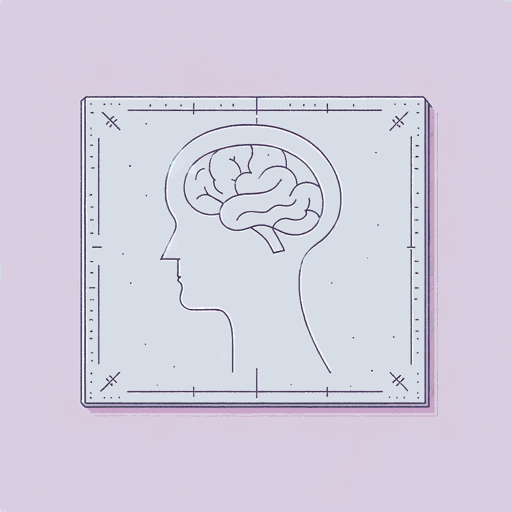54 pages • 1 hour read
John LockeAn Essay Concerning Human Understanding
Nonfiction | Book | Adult | Published in 1690A modern alternative to SparkNotes and CliffsNotes, SuperSummary offers high-quality Study Guides with detailed chapter summaries and analysis of major themes, characters, and more.
Background
Philosophical Context: A Brief History of Epistemology
Imagine a field of study that turns the focus inward. Instead of hypothesizing about stars or whales, this field of study examines the mind. However, it doesn’t look at the brain or how it functions. Instead, it investigates knowing. Epistemology is a field of study that examines knowledge. The word epistemology derives from the Greek words episteme, meaning “knowledge,” and logos, meaning “reason.” This branch of philosophy attempts to answer the questions of what knowledge is and what humans can truly know. It explores the origin of knowledge and whether understanding is ever truly attainable.
Epistemology presents a natural line of questioning for philosophers. To better understand belief, laws, or principles, one must first understand the nature and scope of knowledge. Philosophers have long disagreed about the origin of knowledge and how to best answer the question, “How do we come to know something?” These schools of thought were historically broken into two categories: priori and posteriori. The former represents intrinsic knowledge, which Locke refers to as innate in An Essay Concerning Human Understanding. The latter appears through logic based on evidence, which aligns with Locke’s ideas about sensory experience as a foundation for knowledge. Although these approaches contain inherent conflicts, some scholars believe that together they form a comprehensive picture of how knowledge is created.
Related Titles
By John Locke



